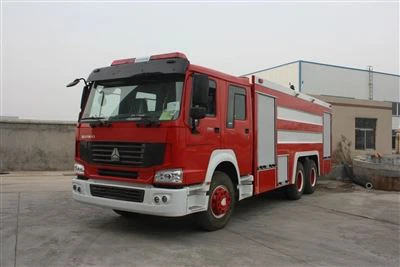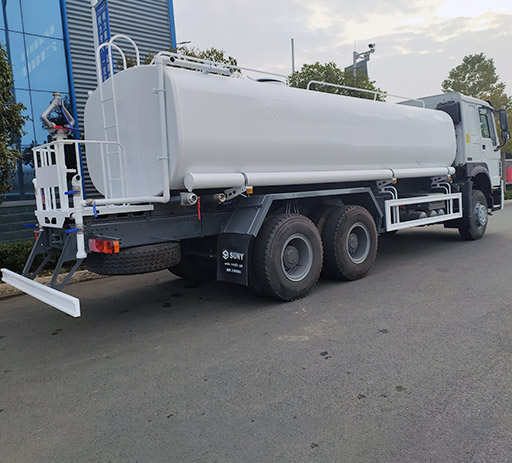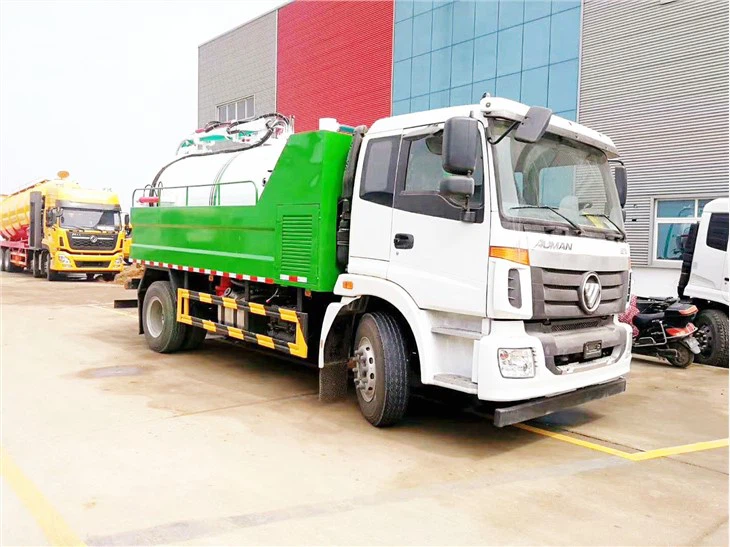The Ultimate Guide to Tipper Trucks: Types, Uses, and Maintenance Tips

Introduction to Tipper Trucks
Tipper trucks, also known as dump trucks, are essential vehicles in the construction, mining, and logistics industries. They are designed to transport and unload materials like gravel, sand, dirt, and debris. With a hydraulic system that allows the truck bed to be raised, tipper trucks make it easy to unload heavy loads quickly and efficiently. This article explores the various types of tipper trucks, their uses, maintenance tips, and much more, providing you with a comprehensive understanding of this vital transportation tool.
Understanding Tipper Trucks
Before diving into specifics, it’s essential to understand what tipper trucks are and their fundamental components that make them work effectively.
What is a Tipper Truck?
A tipper truck is a heavy-duty vehicle equipped with an open-box bed, which can be raised at one end to allow the load to be discarded at the desired location. These vehicles come in various shapes and sizes suited to different loading needs.
Key Features of Tipper Trucks
- Hydraulic System: The mechanism that lifts the dump bed.
- Payload Capacity: Tipper trucks can carry heavy loads ranging from 5 tons to 30 tons.
- Material Types: Designed to transport various materials such as soil, gravel, asphalt, and demolition waste.
Types of Tipper Trucks
Tipper trucks can be categorized based on design, size, and application. Here are some common types:
1. Standard Tipper Trucks
Standard tipper trucks have a simple design, with a box-shaped body that is raised at the rear to unload materials. They are ideal for construction and are widely used for transporting loose materials.
2. Side Tippers
Side tippers unload materials from the side rather than the back. This design allows for efficient unloading in confined spaces, making them popular in mining operations.
3. Rear Tippers
Rear tippers are the most common type and unload materials by tilting the bed at the rear. They are versatile and often used in construction sites for dumping aggregates.
4. Articulated Tipper Trucks
These trucks consist of two or more sections connected by a pivot joint, allowing for better maneuverability in tight areas. They have a high payload capacity and are commonly used in mining and large-scale construction.
5. Mini Tipper Trucks
Mini tippers are smaller versions ideal for smaller jobs or urban constructions. They are easy to navigate through narrow streets.
Common Uses of Tipper Trucks
Tipper trucks play a vital role in various industries. Here are some primary applications:
1. Construction
In construction sites, tipper trucks transport materials such as sand, gravel, and soil. They help in excavation projects and the distribution of materials across the site.
2. Mining
Mining companies rely on tipper trucks to carry ores, stones, and other heavy materials from mining sites to processing plants.
3. Agriculture
Farmers use tipper trucks to transport grains, fertilizers, and other agricultural products, enhancing farm efficiency.
4. Landscaping
For landscaping projects, tipper trucks help transport soil, mulch, and decorative stones, making them crucial in garden design and maintenance.
Choosing the Right Tipper Truck
Selecting the right tipper truck can significantly impact efficiency and operational costs. Here are some factors to consider:
1. Payload Capacity
Consider the weight of materials you intend to transport. Ensure that the truck you choose can handle the maximum weight without compromising safety.
2. Terrain and Environment
Evaluate the type of terrain where the truck will operate. Select a truck designed for the specific challenges of the environment, such as off-road capabilities for rough surfaces.
3. Size and Maneuverability
If operating in tight spaces, a smaller, more maneuverable tipper truck may be necessary. Larger trucks can carry more but might struggle in urban settings.
4. Fuel Efficiency
Consider the fuel consumption of the vehicle, especially for extensive operations. A fuel-efficient truck can lead to significant cost savings.
Maintaining Your Tipper Truck

Regular maintenance is essential to ensure the longevity and performance of your tipper truck. Here are some maintenance tips to keep your truck in top condition:
1. Regular Inspections
Conduct routine inspections of the hydraulic system, brakes, and tires to catch any potential issues early.
2. Oil Changes
Change the engine oil according to the manufacturer’s recommendations to keep the engine running smoothly.
3. Tire Maintenance
Keep tires properly inflated and check for signs of wear. Rotate tires periodically to ensure even wear.
4. Clean the Truck Regularly
Cleaning the vehicle not only improves its appearance but also helps prevent rust and corrosion.
Operational Safety Tips
Safety is paramount when operating tipper trucks. Here are some tips to ensure a safe working environment:
1. Proper Training
Ensure that operators receive adequate training on how to operate tipper trucks safely and efficiently.
2. Load Distribution
Always distribute the load evenly to prevent tipping or loss of control during operation.
3. Pay Attention to Surroundings

Be aware of your surroundings, especially when maneuvering in tight spaces or near other workers.
4. Use Safety Equipment
Operators should always wear appropriate safety gear, including helmets, gloves, and high-visibility clothing.
Cost Considerations
Understanding the costs associated with tipper trucks can help you make informed financial decisions. Here are some cost factors to consider:
1. Purchasing vs. Leasing
Decide whether to purchase or lease a tipper truck based on your operational needs and budget. Leasing may be more manageable for short-term projects.
2. Fuel Costs
Factor in fuel expenses based on the expected operational hours and fuel efficiency of the truck.

3. Maintenance and Repairs
Allocate funds for routine maintenance and potential repairs to avoid unexpected costs.
Emerging Technologies in Tipper Trucks
The tipper truck industry is evolving with new technologies aimed at increasing efficiency and safety. Here are some key advancements:
1. GPS Fleet Tracking
GPS technology allows for real-time tracking of vehicles, improving route efficiency and reducing operational costs.
2. Enhanced Safety Features
Modern tipper trucks often come equipped with advanced safety features, such as automatic braking systems and collision detection.
3. Eco-Friendly Engines
Many manufacturers are developing trucks with eco-friendly engines that reduce emissions and improve fuel efficiency.
FAQ Section
1. What is the average lifespan of a tipper truck?
The average lifespan of a tipper truck ranges from 10 to 15 years, depending on maintenance and usage conditions.
2. How often should I service my tipper truck?
It is recommended to service your tipper truck every 5,000 to 10,000 kilometers, or as per the manufacturer’s guidelines.
3. Can I customize my tipper truck?
Yes, many manufacturers offer customization options, allowing you to modify the truck for specific operational needs.
4. What materials can I transport using a tipper truck?
Tipper trucks can transport a wide range of materials, including soil, gravel, asphalt, demolition waste, and construction materials.
5. Are tipper trucks fuel-efficient?
Fuel efficiency varies by model and size, but many modern tipper trucks are designed to be fuel-efficient, reducing overall operational costs.
6. How do I calculate the payload capacity of my tipper truck?
To calculate the payload capacity, subtract the truck’s empty weight (curb weight) from its gross vehicle weight rating (GVWR).
